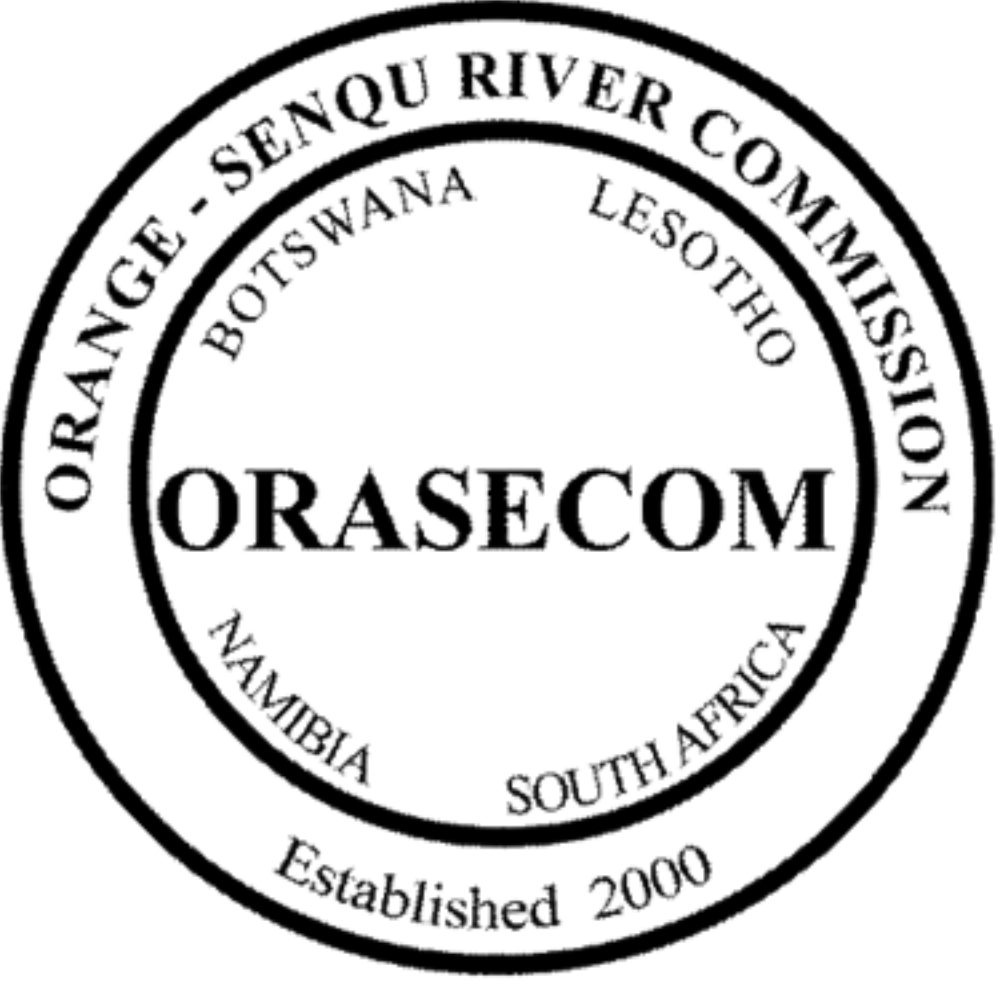The intention of the project is to contribute to this objective by delivering on the following purpose;
Objectives
To reduce poverty and food insecurity through improved management and environmental protection in the Orange – Senqu River basin.
While it is understood that the project only contributes to this objective, the way the project delivers its activities should not compromise this intention, but should maximise opportunities to make a significant contribution to this goal. This is particularly important given the historical context and original intentions behind the establishment of ORASECOM. The context of the overall objective this therefore discussed briefly here.
The Basin States differ widely in their ability to convert water from the Orange-Senqu system into GDP and jobs. Strategies to address poverty and food insecurity in the basin through water use are therefore likely to differ between the Member States. In Lesotho, Botswana and Namibia the population of the Basin is largely rural and poor, while in South Africa (the dominant water user in the basin) water use also supports the urban, industrial and mining heartland of the nation. There are considerable irrigation demands the middle and lower reaches of the river from both Namibia and South Africa, which make a significant contribution to the economy of that part of the Basin. Moreover, the countries have different social needs that sit high on their national developmental agenda, for example South Africa’s need to address the inequities left by the apartheid system plays an important role in the way water is managed in that country. There is consequently no standardized approach to using water to promote growth and development, which must underlie the implementation of IWRM principles in the Basin.
The context within which ORASECOM will function may therefore be influenced by different approaches to national development and poverty reduction strategies – as well as those strategies espoused by SADC. Importantly also, while there may be some regional sharing of the benefits from the economic use of water in South Africa through customs union arrangements, SADC structures do not yet allow for completely free trade and movement, or to apply public trust principles to water resources management across the whole basin. This current reality, to some extent, defines the role that ORASECOM could play in the basin in the short term.
Beyond this, while water can and should play an important role in addressing poverty and food insecurity, it is not the only factor which influences this process. Regional stability and peace, which is also one of SADC’s goals, is vital. The Basin States ability to deliver services, and to be seen to be delivering these services, is critical to achieving this political and social stability. Ultimately, therefore, reduced poverty and food insecurity must be delivered by the governments of the Member States, and not by ORASECOM. Provisions in the Agreement that restrict ORASECOM to an advisory and recommending role are therefore also important within the southern African developmental context.
Purpose
The focus on institutional strengthening and building the capacity of institutions for implementation raises three critical questions for this project.
- Firstly, “What institutions are we working with?”,
- Secondly “Does ORASECOM have the mandate for implementation?”, and
- Lastly, “What will a strong ORASECOM look like?

